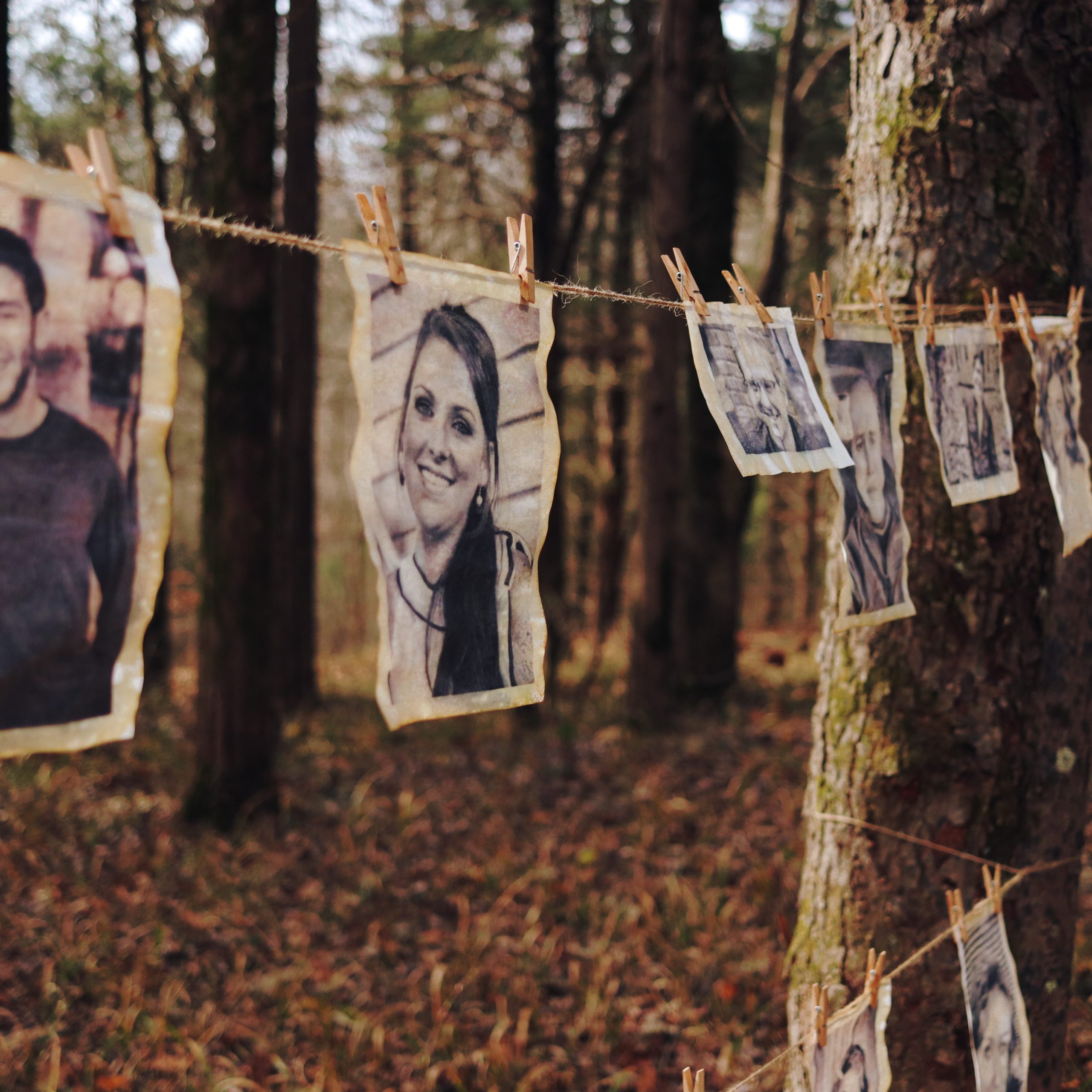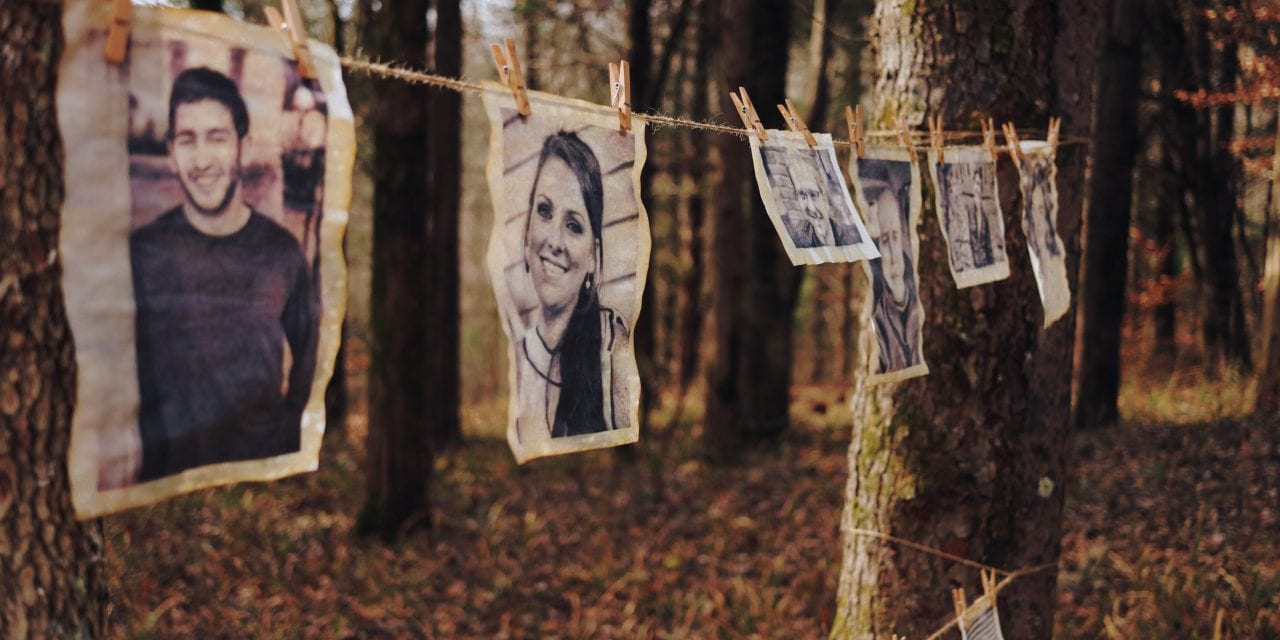Stuart “Skip” Stokes is a documentary filmmaker based in Nashville. Along with photographer Antony Boshier, he is the co-owner of video production company Ten/28. Under the Ten/28 umbrella, the two have served clients such as Nashville Analytics, LLC, JPMorgan Chase & Co., and charter school STEM Preparatory Academy.
In 2001, Skip came to Nashville to go to film school and work in commercial video production. He tells Launch Engine that after “getting distracted” by other work, he met Antony on a men’s hiking retreat to the Smoky Mountains in 2013. After becoming friends, Skip pitched the idea of shooting a documentary in 2014. Antony agreed and the resulting project, titled “One Last Summit,” was released in 2015. The film was about Christian missionary Ken Rideout’s trip to Thailand after a terminal diagnosis of congestive heart failure. Following this project, Skip spent 2016 to 2018 trying to raise funds for another documentary focusing on nature, but his efforts were ultimately unsuccessful.
“Working in this industry, it’s not an easy thing…” Skip explains. “It’s kind of an uphill battle to try and get stuff made.”
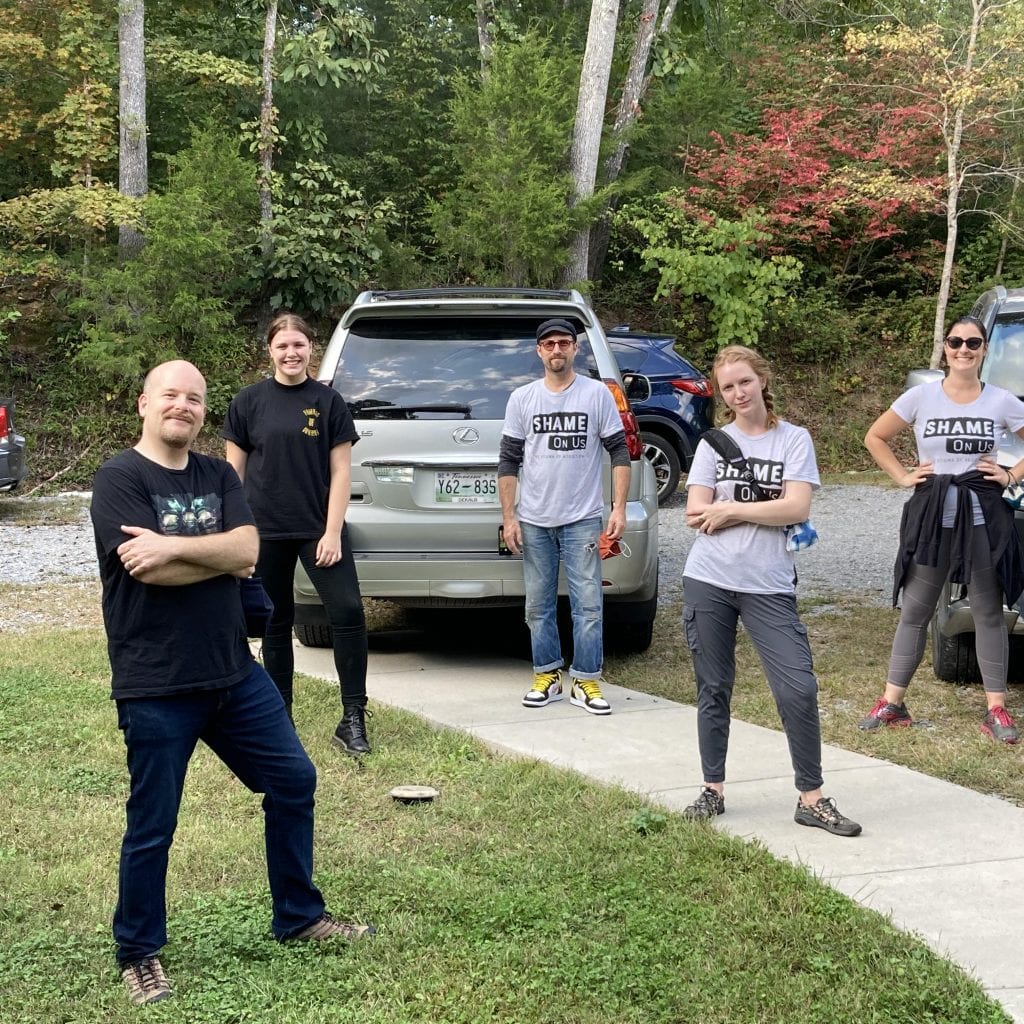
In 2019, Skip and Antony decided to challenge themselves to make a micro-documentary every week for the entire year, making it to the 36-week mark before having to stop. Skip views that effort as a success, stating, “It ended up being a really great project because we got to meet so many people throughout the city, telling stories about everything from massage therapy to herbal gardening. I mean… it was just fantastic. [It] really opened our eyes to all the creativity and amazing stuff that goes on in and around Nashville.”
Skip stresses that committing himself to his dream of being a filmmaker meant dealing with a lot of failure. Regardless, he didn’t let that stop him. Reflecting on his experiences of falling and getting back up, he says, “At a certain point, you have to ask yourself whether or not you’re supposed to do something. You know? And… if it’s the thing that… gets you up in the morning, [and] if it’s the last thing that you’re thinking about when you go to bed at night, it’s hard to turn that off…. The desire to tell stories—and to tell them in an integral way—is just hard-wired into my being…. You can’t really take no for an answer at that point.”
Believing that the desire to tell stories was the thing that made blood pump through his veins, Skip and Antony hit the streets to look for local businesses that needed video projects. Those projects sustained the two, both fiscally and spiritually, allowing them to keep going. Forcing himself to work and not make art meant not putting video production on a pedestal. Those attempted efforts, paired with the desire to do better—instead of hoarding creativity as some sort of precious resource or waiting for a perfect moment—meant that quality would naturally click into place as they provided content for clients. Working for clients also taught Skip the value of working under a business model. This has helped him mature into wanting to do projects that aren’t simply for personal gratification.
“You’ve got to find some sort of sustainability somewhere in it,” Skip says. “And, you have to remember… ‘it’s not just show, it’s show business.’ You have to consider the business aspect of it!”
Maybe it was the honesty of Skip, Ten/28’s search for sustainable filmmaking, or the combined talents of the two friends, but something about what they were doing—that is, staying true to the mission to tell stories through film—turned the tide for them. Those past failures were really experiments. And, as time would have it, those experiments made an impression on a yet-to-be-named member of Nashville’s business community. This anonymous person, believing in Skip and Antony’s vision, offered to match funds for a documentary project up to $10,000 until 2021.
“It blew us away,” Skip says of Ten/28’s anonymous supporter. “Because we’re raising the funds for this film through a nonprofit organization that works with helping people in recovery…. not only are these donations seen as a tax donation and a charitable gift, but they’re also going to be matched by this other generous donor.”
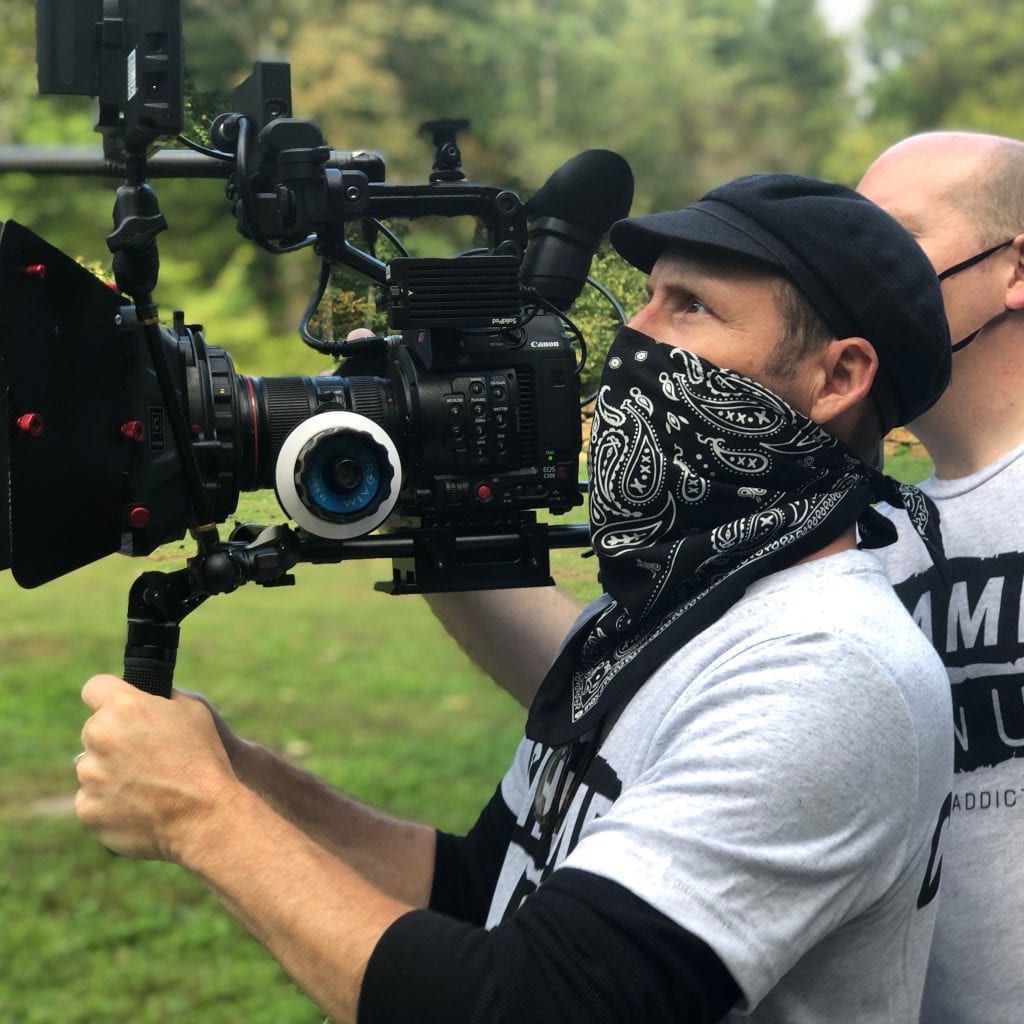
The funds currently being raised by Ten/28 are going toward the production/post-production costs of “Shame on Us: The Stigma of Addiction.” The forthcoming film, estimated to have a final version of between 70-80 minutes in length, is a documentary project exploring the harm of labeling someone an addict. This is a different focus that the usual aspects correlated with addiction, such as the abusing of a substance or recovery. Skip says that the documentary is a mirror to hold up to society to tell them, “This is how we might be seeing this wrong.”
Currently, about 80 percent of the footage from the film has been shot. However, production has been temporarily suspended due to COVID-19. Ten/28 expects that the project will continue as soon as Skip and Antony feel they can continue shooting without jeopardizing the safety of cast and crew.
Skip points out that the time lost shooting gives them a chance to handle other production facets, saying, “The good news is that in the midst of that, I’m able to work on editing the stuff that we already have shot.”
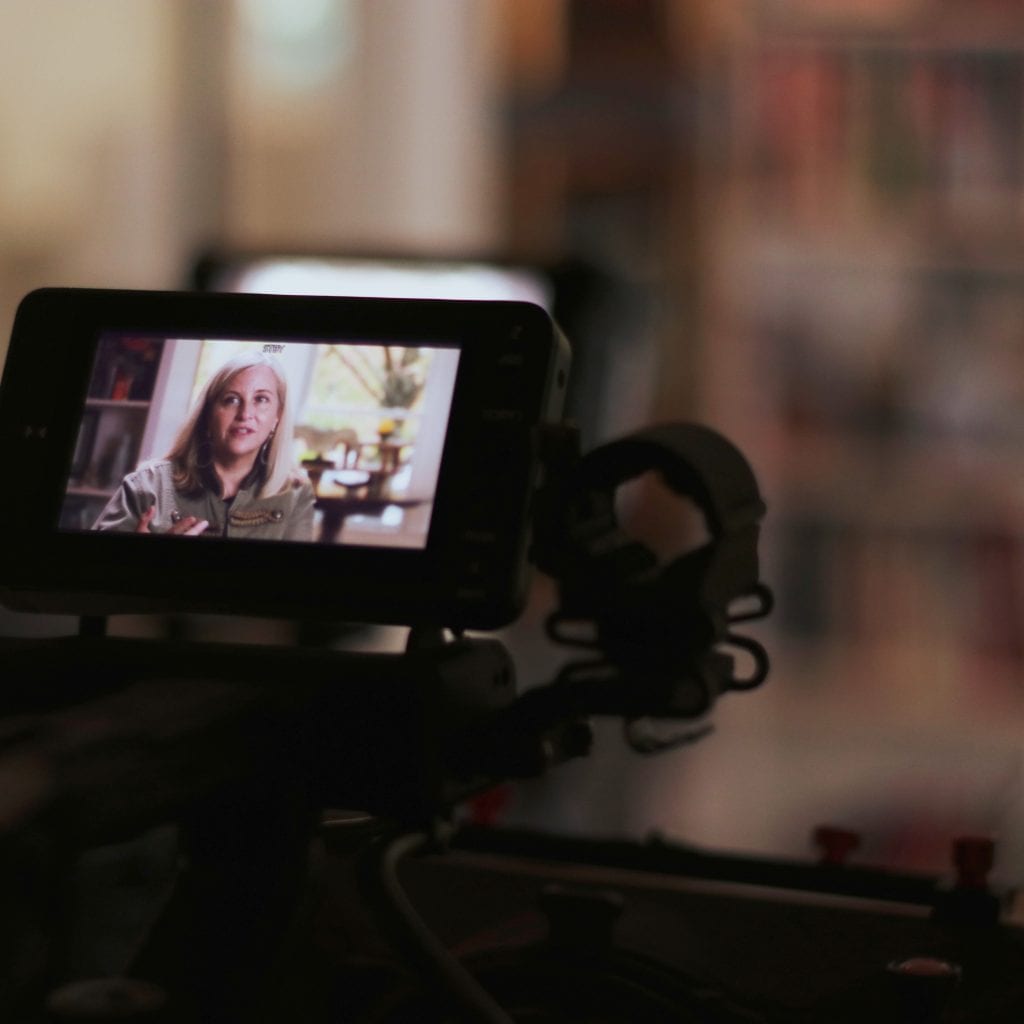
“Shame on Us” is a documentary project that has multiple layers of significance for Skip. Zigging where other documentaries zag, the film is a different take on addiction. He says, “The film is specifically looking at the stigma that is associated with the disease of substance use disorder. After losing somebody closer to me to an overdose, I became acutely aware of the fact that a lot of people changed their mind on who this person was—once they found out how he died. And that frustrated me, because I thought they were missing the brilliant human being that I knew… I just became fixated on this stigmatizing view. And, over the next several months, I was in different meetings about substance use disorder, opioid awareness in the workplace, overdose awareness meetings, things of that nature. And I kept hearing people in those rooms… they almost all said the following sentence: ‘We have to talk about the stigma associated with this disease.’”
Skip felt that it was a good thing that everyone attending those work meetings felt that way. However, Skip was well aware that society at large still placed a stigma on addiction. He says that if society doesn’t want to look at the shaming of addicts as a harmful practice, that there won’t be real progress made in facing addiction. As the crew is familiar with the assessments from some saying that addiction is not a disease. “Shame on Us” includes experts in the medical, legal, and political spaces who address the topic, stating that the label “disease” does, in fact, fit the description of addiction. The film works with several different groups advocating for those struggling with addiction, including the Nashville Recovery Center, and sober living communities like Second Chance Sober Living and Mending Hearts.
Part of Skip’s unique perspective is the fact that he is also in recovery himself, having been sober for six years at the time of this writing. As a result, he sees the necessity for such a documentary , one that acknowledges the fact that there are many perspectives to be shared in recovery.
He says, “One of the sticking points inside of the work of sobriety, sober living, recovery, all of that is there are a whole lot of streams of thought inside of that itself. And so, even in making this film, we’ve got one gentleman that’s still on the docket to be interviewed who is talking about harm reduction, but… in his case, he still drinks alcohol, but he’s no longer on heroin. And, you know, for him… he says that he’s finding success in that.”
The tentative plan for “Shame on Us” is to show a rough cut of the film to peers in 2021, in order to get feedback for further editing. Later, Ten/28 plans on submitting the film to different festivals and offering screening opportunities where relevant, in hope of finding an audience or buying agent to sell for wide distribution. Portions of the footage will be available to nonprofits like Nashville Recovery Center as a way of saying, “Thank you!” for their work in addiction spaces.
For further information about Ten/28, be sure to visit their website and social media.
